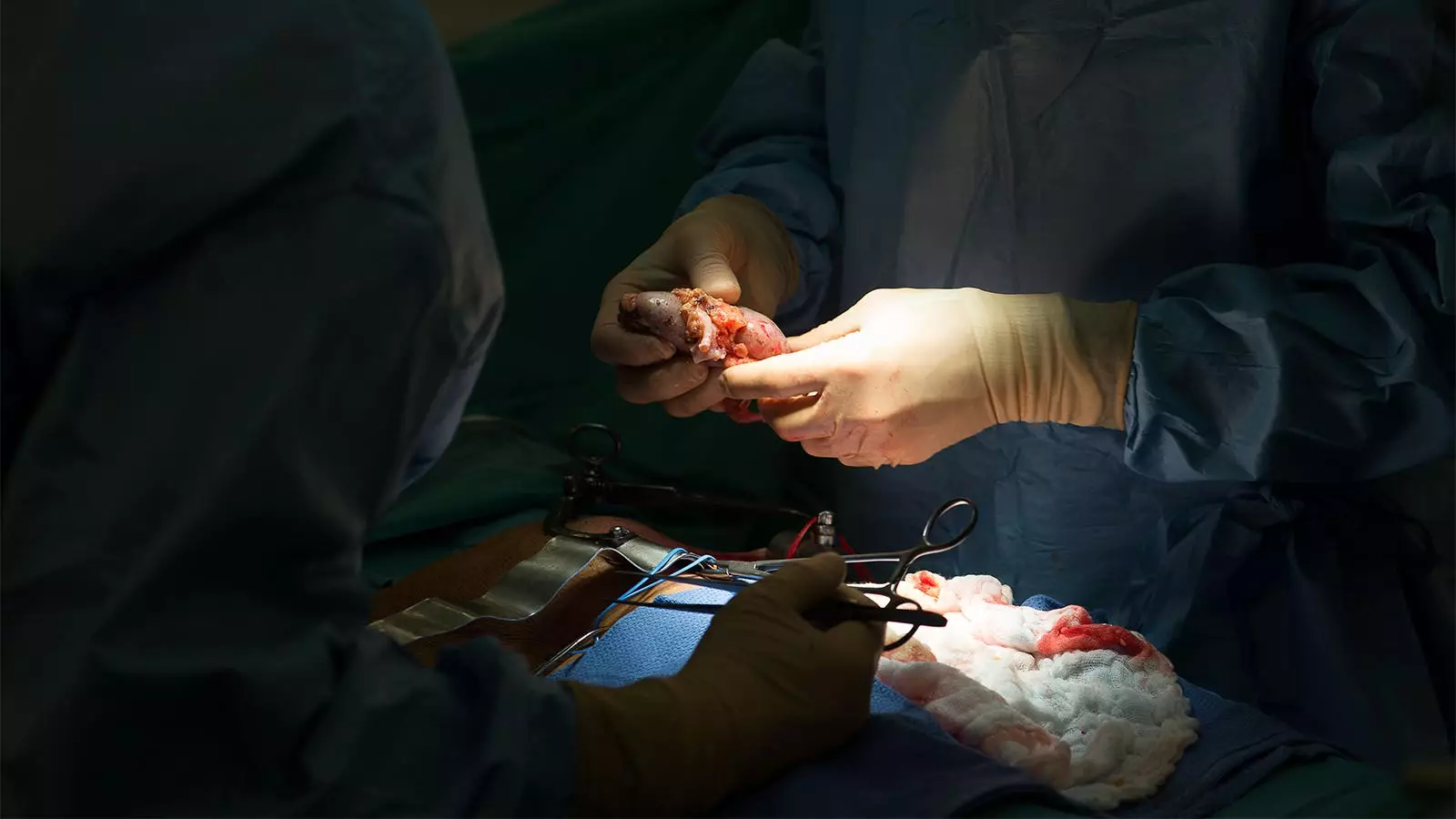Alarming tales of presumed deceased organ donors waking up during the extraction process and silently pleading for help, organ transplant executives resorting to threats of being “cremated alive” against whistleblowers, and vital organs like pancreases being irresponsibly placed in freezers and then lost – this was the grim content present during the House Energy & Commerce Oversight and Investigations Subcommittee hearing on the implementation of the Securing the U.S. Organ Procurement and Transplantation Network Act.
One of the core issues highlighted during the hearing was the pervasive presence of conflicts of interest within the Organ Procurement and Transplantation Network (OPTN). Despite the law’s provision dictating the OPTN board to be independent and separate from the contractor managing the network, the reality painted by witnesses was starkly different. Dr. Seth Karp, a renowned surgeon, lamented that the OPTN board continues to have members from the United Network for Organ Sharing, which is responsible for organ procurement management. He condemned the self-interest, incompetence, and mismanagement within the system, leading to avoidable patient deaths due to these conflicts.
This lack of oversight and transparency was a significant concern raised during the hearing. Dr. Jesse Roach, a senior vice president at the National Kidney Foundation, highlighted the staggering number of viable kidneys being discarded each year – approximately one in four recovered kidneys remains untransplanted, amounting to 23 kidneys being wasted daily in 2023. This inefficiency in the system is juxtaposed against the statistic of 12 individuals losing their lives daily while waiting for a kidney transplant, illustrating a heartbreaking failure in the current transplant system.
Several subcommittee members expressed their distress over the systemic failures and disparities within the organ transplant system. Rep. Jan Schakowsky questioned the unequal accessibility of transplant services, with 80% of organ transplant patients concentrated in urban areas, leaving rural populations underserved. Rep. Michael Burgess, MD, shed light on the grave concerns of Medicare fraud and the imperative need for accountability in healthcare spending, emphasizing the importance of addressing inappropriate allocation of funds within the Medicare system.
The testimonies and revelations brought forth during the hearing underscored the urgent need for comprehensive reform within the organ transplant system. From ensuring the independence and transparency of governing bodies like the OPTN to addressing conflicts of interest and advancing patient-centric care, the call for action reverberated throughout the hearing. By prioritizing accountability, patient safety, and equitable access to transplantation services, stakeholders can begin to redress the profound deficiencies within the current system and strive towards a more efficient, ethical, and patient-focused organ transplant landscape.
The discourse and revelations emerging from the House Energy & Commerce Oversight and Investigations Subcommittee hearing shed light on the deep-rooted issues plaguing the organ transplant system. It is imperative for lawmakers, healthcare professionals, and advocacy groups to collaborate in implementing meaningful reforms that safeguard patient welfare, promote transparency, and reinforce the integrity of the organ procurement and transplantation process. Only through collective action and unwavering dedication to ethical standards can the organ transplant system be steered towards a more just, equitable, and effective future.

Leave a Reply